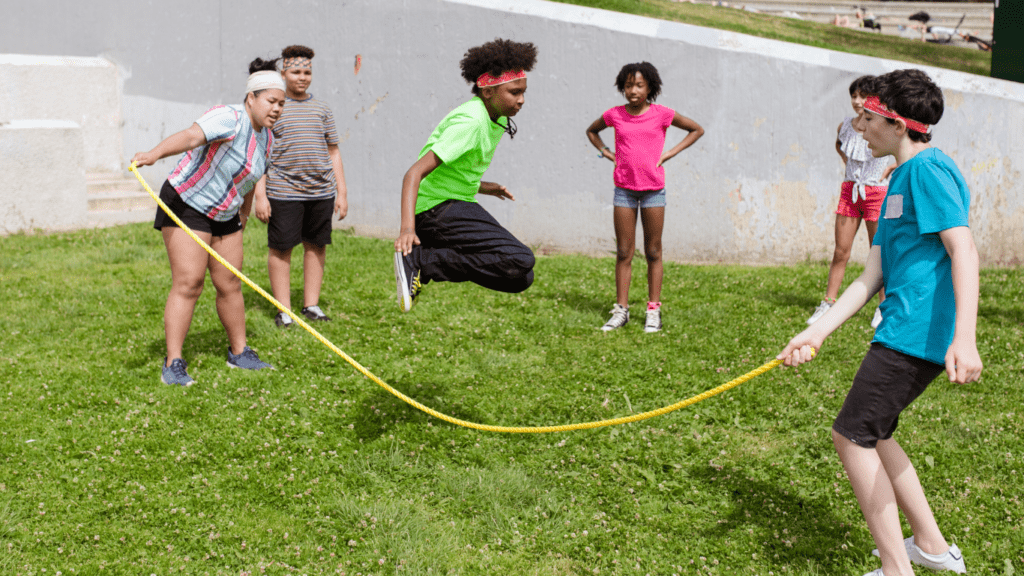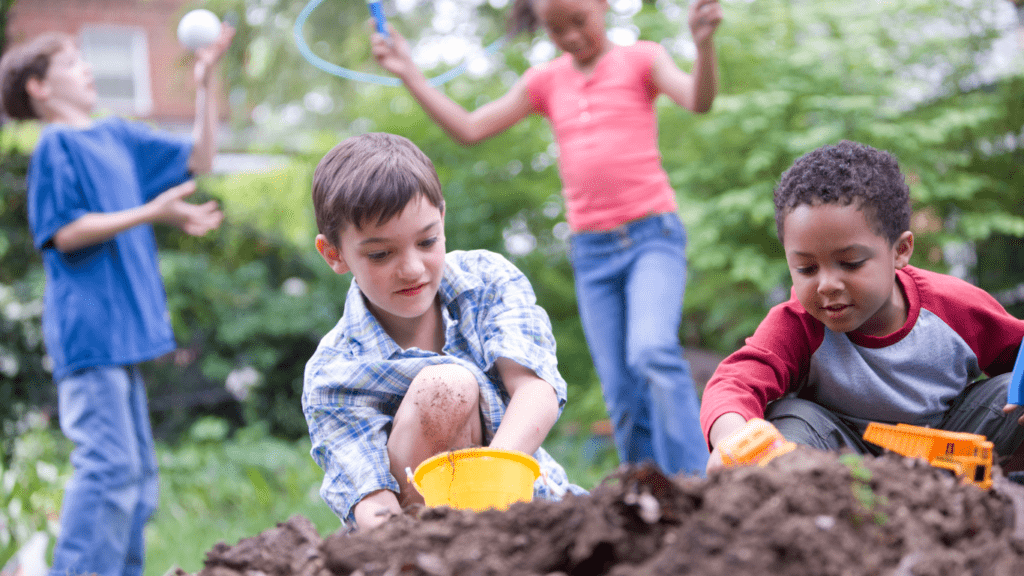As a firm believer in the power of play, I’ve witnessed firsthand the transformative effects it can have on fostering creativity and imagination in individuals of all ages. Play is not just about having fun; it’s a crucial component in developing essential skills that shape our cognitive abilities and emotional well-being. In this article, I’ll delve into the myriad benefits of play and provide valuable insights on how to leverage it to unlock your full creative potential.
From sparking innovative thinking to enhancing problem-solving skills, play offers a unique platform for exploration and self-expression. By embracing playfulness in our daily lives, we can tap into a limitless reservoir of imagination that fuels our creativity and propels us towards new possibilities. Join me on this journey as we explore the profound impact of play and discover practical strategies to cultivate a more imaginative and creative mindset.
The Importance of Play in Early Childhood Development
In early childhood development, play plays a vital role in shaping a child’s cognitive, emotional, and social skills. It is through play that children explore the world around them, experiment with different scenarios, and learn to interact with others. Play is not just a way to pass the time but a fundamental aspect of a child’s development.
The Role of Creativity and Imagination
Creativity and imagination are cultivated and nurtured through play in early childhood. When children engage in imaginative play, such as pretending to be characters or creating make-believe worlds, they exercise their creativity muscles. This, in turn, helps them think outside the box, come up with innovative solutions, and explore endless possibilities.
Psychological and Social Benefits
Apart from fostering creativity, play in early childhood also offers significant psychological and social benefits. Through play, children learn important social skills like sharing, taking turns, and collaborating with others. It helps them develop empathy, emotional intelligence, and the ability to understand different perspectives. Additionally, play is a natural stress reliever, allowing children to express their emotions and feelings in a safe and enjoyable environment.
Key Types of Play That Enhance Creativity
In fostering creativity, various types of play offer unique benefits that stimulate imaginative thinking and cognitive skills.
- Unstructured vs. Structured Play
Unstructured play, like free play or open-ended activities, encourages creativity by allowing individuals to explore without specific guidelines. Structured play, such as games with rules or organized activities, offers opportunities for problem-solving within a defined framework while still nurturing creativity. - Role-Playing and Imaginative Scenarios
Engaging in role-playing activities and imagining scenarios not only enhances creativity but also promotes social and emotional development. By taking on different roles and creating imaginative storylines, individuals can explore new perspectives, enhance communication skills, and develop empathy towards others.
Strategies to Foster Play and Creativity at Home
Fostering a play-friendly environment at home is essential for nurturing creativity and imagination in individuals of all ages. Here are some strategies to encourage play and spark creativity within your household:
Creating a Play-Friendly Environment
I believe that setting up a dedicated space for play is crucial in cultivating creativity at home. Designating an area where individuals can explore, experiment, and engage in various activities can significantly enhance their imaginative skills.
Ensuring that this space is stocked with a variety of toys, art supplies, books, and other materials can stimulate creativity and encourage individuals to delve into different forms of play. Rotating toys and materials periodically can keep the environment fresh and spark new interests and ideas.
Additionally, incorporating elements of nature, such as plants, natural light, or outdoor play areas, can further enrich the play environment and inspire individuals to connect with the world around them.
Encouraging Creative Problem Solving
I’ve found that fostering creative problem-solving skills is fundamental in promoting imaginative play at home. Encouraging individuals to tackle challenges, think outside the box, and experiment with various solutions can enhance their ability to approach problems creatively.
Providing open-ended toys and activities that require individuals to use their imagination and critical thinking skills can help develop their problem-solving abilities. Engaging in collaborative play, such as building projects or solving puzzles as a family, can also encourage teamwork and creative problem-solving skills.
Moreover, allowing individuals the freedom to make mistakes and learn from them fosters a growth mindset and resilience, essential qualities for creative problem solving. By empowering individuals to overcome obstacles through creativity and innovation, we can nurture their imaginative capabilities and foster a lifelong love for play.
Educational Approaches That Incorporate Play
I believe that incorporating play into educational approaches is essential for fostering creativity and imagination in learners of all ages. Let’s delve into two popular methods that successfully integrate play into their pedagogical frameworks.
Montessori and Waldorf Methods
In my experience, the Montessori and Waldorf methods are renowned for their emphasis on holistic development through play-based learning. Montessori education focuses on self-directed activities in a prepared environment, allowing children to explore and learn at their own pace. On the other hand, the Waldorf approach prioritizes imaginative play, arts, and crafts to engage children in learning experiences that stimulate creativity and critical thinking.
Integrating Play in Traditional Classrooms
In my view, traditional classrooms can benefit greatly from integrating play into their curriculum to enhance learning outcomes. Teachers can incorporate elements of play by introducing hands-on activities, group projects, and interactive learning experiences. By blending play with academic content, students can develop problem-solving skills, enhance their imagination, and foster a love for learning in a dynamic and engaging environment.
The Long-Term Benefits of Play
I have explored how play nurtures creativity and imagination across various stages of life. Let’s delve into how play influences adult creativity and problem-solving skills, as well as the social and emotional advantages it offers throughout one’s lifetime.
Impact on Adult Creativity and Problem-Solving
Engaging in play during childhood can have a lasting impact on adult creativity and problem-solving abilities. As I grow older, the imaginative and creative skills honed through play during formative years continue to benefit me in various aspects of life. Play encourages me to think outside the box, explore unconventional solutions, and approach challenges with an innovative mindset. By integrating play into my adult life, I can enhance my problem-solving skills, adaptability, and creativity, leading to improved outcomes in both personal and professional spheres.
Social and Emotional Advantages
The benefits of play extend beyond childhood and contribute significantly to social and emotional well-being in adults. Through play, I develop valuable social skills such as communication, collaboration, and empathy. Play allows me to engage with others in a lighthearted and interactive manner, fostering strong interpersonal relationships and a sense of community. Additionally, play serves as a stress-reliever and promotes emotional well-being by offering a creative outlet for self-expression and relaxation. By incorporating play into my daily routine, I can enhance my social interactions, emotional intelligence, and overall mental health.



